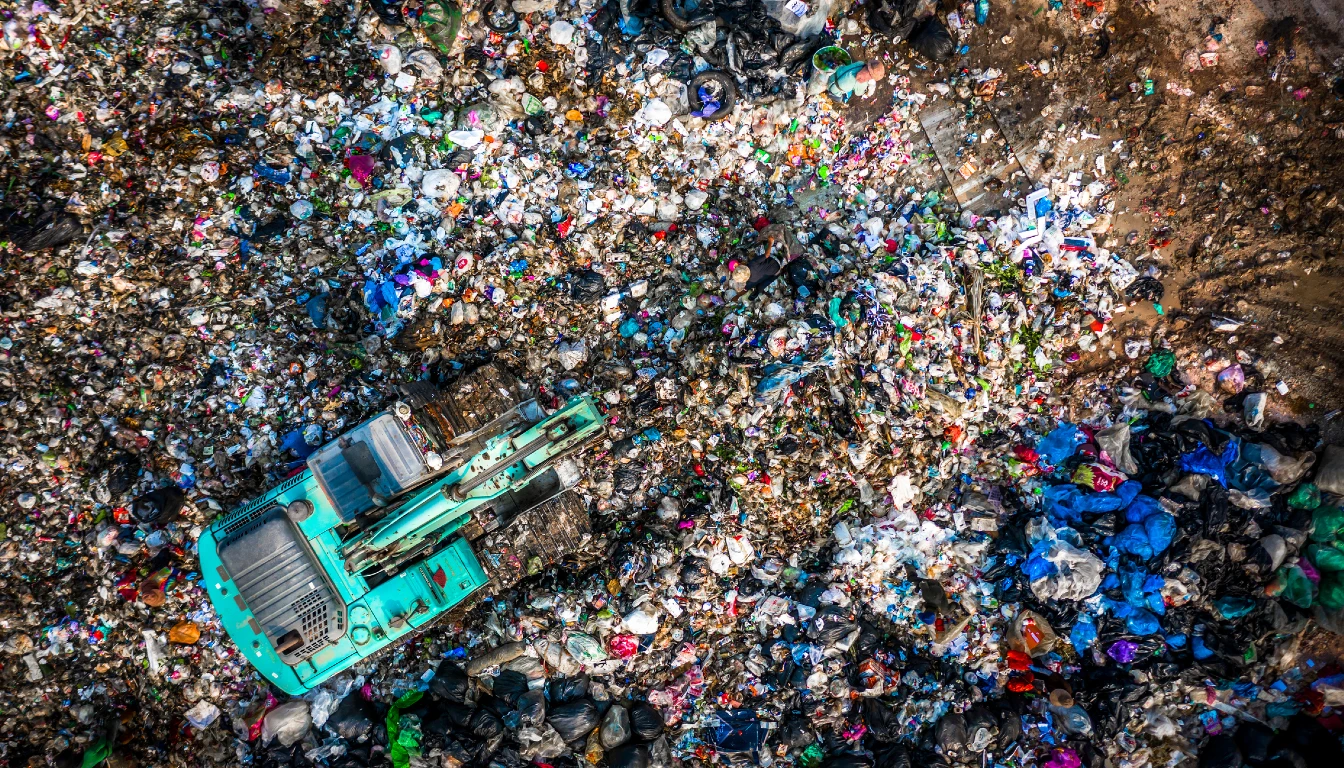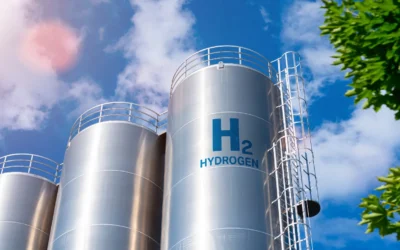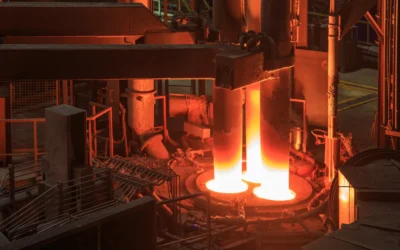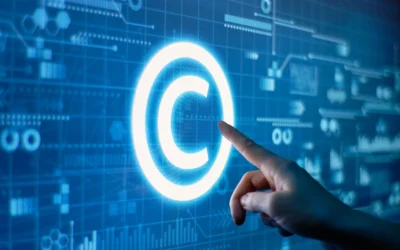Founder and CEO of Waste-To-En Sergey Likharev explains more about the company and its unique solutions to prevent dumping of waste in landfill.
What is the problem that your company is solving and why is it important to do so?
The world produces more than 2.5 billion tons of municipal solid waste, with the majority ending up in landfills and dumps. Dumped waste contaminates the environment with toxic gases, poisonous liquids, and other harmful substances.
The most severe harm comes from the emission of landfill gas, half of which is methane. Methane, in turn, is 28 times more potent as a greenhouse gas than carbon dioxide. In total, each ton of landfilled waste produces about 1.5 tons of carbon dioxide equivalent. Landfills produce about 2 billion tons of carbon dioxide equivalent, or 5% of these emissions globally.
People and organizations pay more than $50 billion annually for municipal solid waste removal and landfilling and $400 billion more for other waste management services worldwide.
Our goal is to combat all this harm by preventing waste from being dumped in landfills.
What technology/innovation are you bringing to this field?
We develop gasification technology, an advanced recycling method that converts waste into synthesis gas and further into electricity or other valuable products like sustainable fuels, chemicals, or hydrogen.
Any type of carbon-containing waste can be utilized: municipal solid waste, mixed plastics, animal and agricultural waste, wood and textile residuals, end-of-life tires, etc.
It works as follows: Waste is shredded and fed into a reactor, where it undergoes several thermo-chemical processes: drying, pyrolysis, cracking of tar, and partial oxidation of carbon. Ultimately, the waste is transformed into synthesis gas, which is a mixture of carbon monoxide, hydrogen and some methane. This gas is then used as fuel in a standard internal combustion engine to generate electricity. No external energy source is required; all processes are powered by the energy contained in the waste itself.
Our gasification reactor is compact, energy-efficient, and economically viable; it is designed for on-site deployment, allowing decentralized waste processing by removing the need for waste transportation or connection to public electric grids.
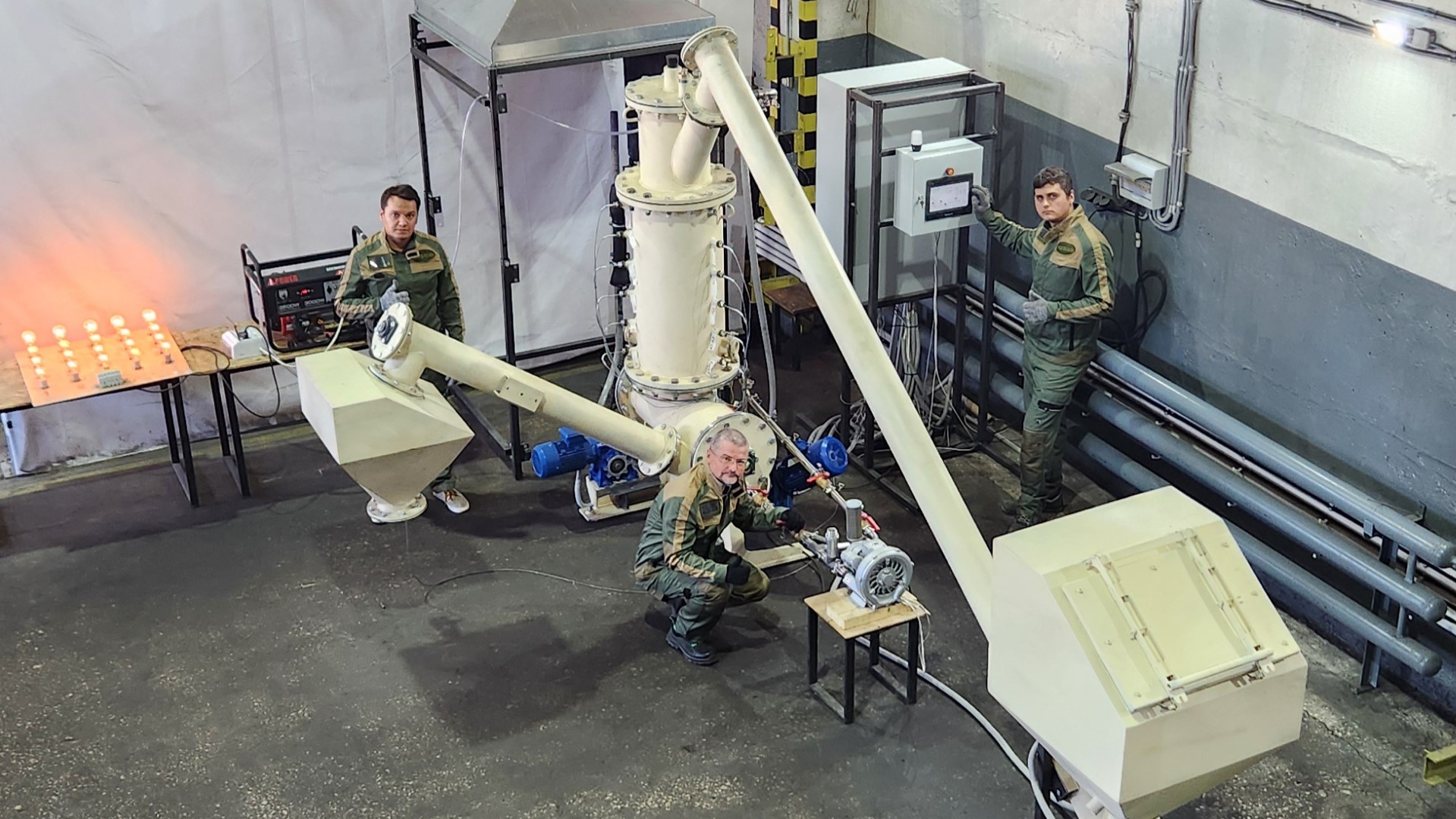
Some of the Waste-To-En team. From left to right: Nikita Pivovarov, Sergey Likharev, Ruslan Khopersky.
What stage of commercialization are you at? Who are your backers?
We are at the prototype stage. I am funding the business myself.
How does your product or service contribute to environmental sustainability?
Each of our units can process up to 1-2 tons of waste per day, resulting in the reduction of 1-2 tons of greenhouse gas emissions per day. Also, valuable land plots could be released for commercial use and other ecological hazards associated with landfilling could be tackled.
What are the key challenges that you face?
Technology Complexity: While we have successfully tested our waste gasification technology at the prototype stage, the challenge now lies in scaling its capacity and enhancing features to reach a commercially viable product.
Manufacturing cost: The cost of outsourcing component manufacturing in the UAE is significantly higher than in other countries, with quotations up to 10 times higher than those from Lebanon, Tunisia, Uzbekistan, and Pakistan.
Certification Regulations: The regulatory framework for advanced thermo-chemical recycling technologies is still under development. This creates the challenge of ensuring compliance while regulations are evolving alongside the technology.
Market Reluctance: Many prospective clients are hesitant to adopt innovative technologies like ours without references from existing users, resulting in a “chicken-and-egg” dilemma for early market entry.
Financing Limitations: Many local financial institutions focus on supporting startups at later stages of development, leaving early-stage projects like ours with limited access to funding.
What do you need to overcome them?
Facilitating connections with institutions that are interested in joint research and development in these areas, helping us to accelerate technological development and scale-up efforts.
References to local manufacturers and help facilitate introductions within cost-effective manufacturing networks in the region.
Facilitating connections with regulatory bodies and certification experts. This support will enable us to stay ahead of regulatory developments and ensure that our technology complies with both current and forthcoming standards.
Connections to potential early adopters and clients interested in sustainable waste management and innovative energy solutions. This could help us secure our first customer and build market traction.
Connections with relevant investors, such as angel networks and venture capital firms, that specialize in early-stage funding for innovative, impact-driven technologies.

